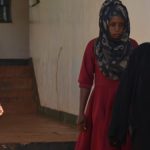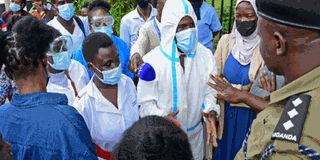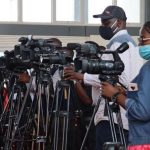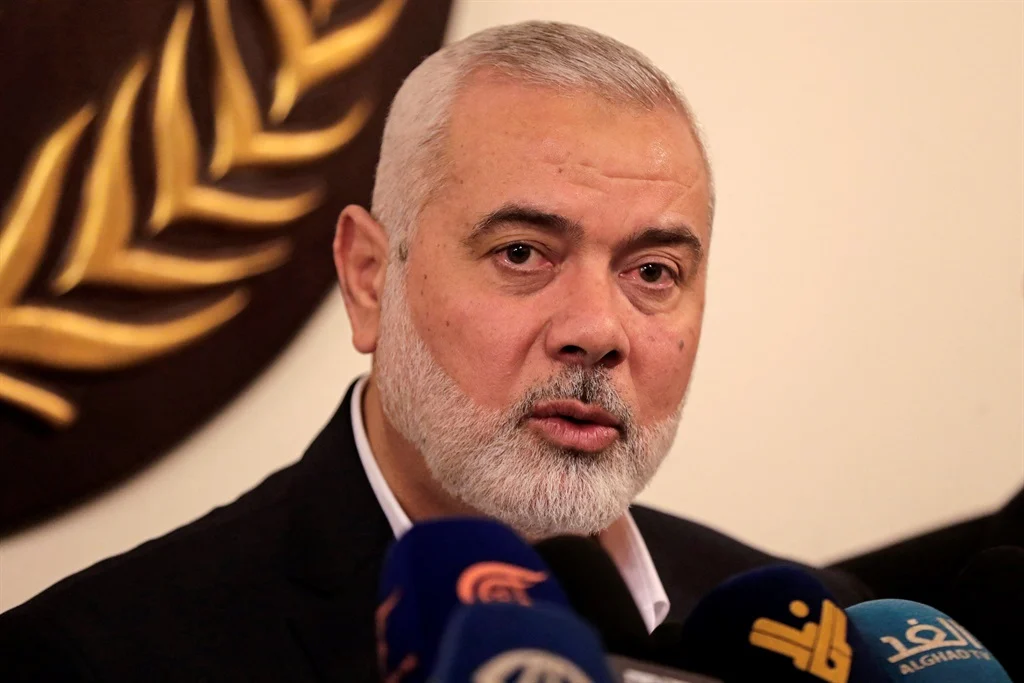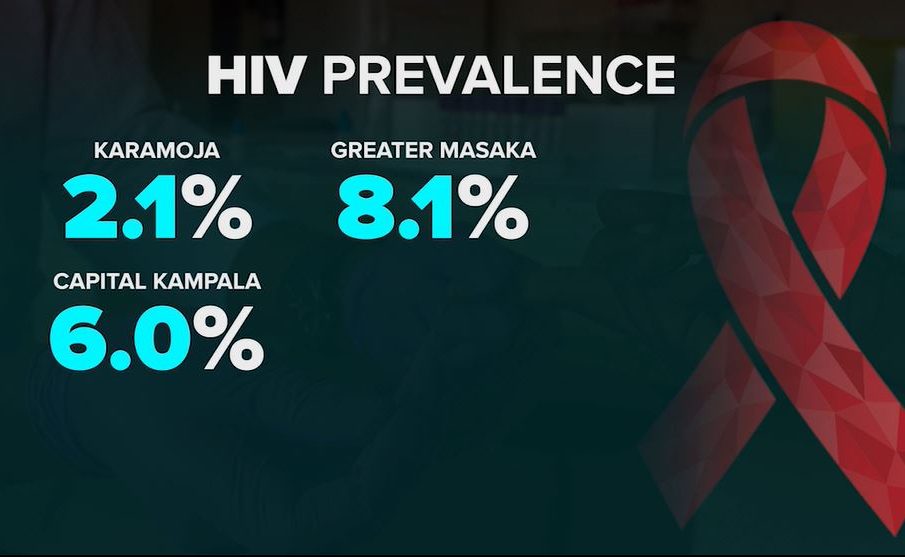
US targets Aids cash cut over anti-gay law
The United States has put Uganda on notice that it risks losing $400 million (Shs1.4t) in Washington’s annual support to HIV/Aids care and treatment over the Anti-Homosexuality Bill.
Parliament, by an overwhelming majority, enacted the legislation on March 21, setting out a plethora of tougher penalties including the death sentence for the worst offenses.
President Museveni has, however, returned the Bill to the House, asking lawmakers to criminalize only those practicing homosexuality, not those who just identify by their sexual orientation. He also asked them to drop the offense of failure to report homosexuals to authorities.
ADVERTISEMENT
He proposed that homosexuals who stop the practice should not be penalized but rather rehabilitated.
With Parliament yet to consider the President’s recommendations, which they under Ugandan law are permitted to accept, reject or vary, the US government red-flagged that its support to 1.4 million Ugandans living with HIV/Aids is at stake over the legislation.
The majority of these individuals receive life-saving Anti-retroviral (ARV) drugs through a $400m (Shs1.4t) annual kitty for Uganda under the US President’s Emergency Plan for Aids Relief (Pepfar).
Despite President Museveni withholding his signature on the current version of the legislation, and Parliament’s reconsideration of the Bill pending, Pepfar in a signal of its intended action, announced the indefinite deferral of the Uganda Country Operational Plan 2023 (COP23) final presentation meeting initially set for tomorrow.
The decision was taken, according to Dr John Nkengasong, the US Global Aids coordinator, “in light of the potential signing of the Anti-Homosexuality Act (AHA).”
The meeting was meant to conclude Pepfar Uganda’s investment priority for the next financial year.
Ms Ellen Masi, the public affairs officer at the US Embassy in Kampala, told this newspaper that they were unsure whether deferral of the April 28 meeting would affect the flow of funds to buy medicines and support persons living with HIV (PLHIV).
“The delay in the meeting will give us time to review the [Bill] and it also depends on when the [Bill] is signed. That is unclear too. The condition is that we should review the [Bill] and determine how we can move forward,” she said.
Ms. Masi added: “Hopefully, [this legal concern will be addressed] quickly in time for the process to continue without any repercussion. We don’t know [whether this wouldn’t affect the flow or availability of funds] because we don’t know when the [Bill] will be signed.”
President Museveni, in an address last week to the National Resistance Movement (NRM) Caucus, in an apparent reference to potential funding cuts to the health sector and HIV/Aids care, said he was prepared to sign a revised version of the anti-gay legislation, but the country should be prepared to “sacrifice”.
Dr Nkengasong, in a February 15 letter addressed to US Ambassador Natalie Brown, noted that in the COP23, Pepfar was to address “gaps among pediatric populations, key populations and adolescent girls and young women.”
Legislators, egged on loudly by faith leaders, enacted the Anti-Homosexuality Bill with speed, despite a 2013 version being struck down by the Constitutional Court months later on grounds that it was passed without a quorum.
Western donors threatened to freeze development assistance over the law, bringing a clash between cultures and contestations over sexual orientation as a right into sharp and divisive focus.
Citing Uganda’s sovereignty to make its own laws and the need to protect mainly school children from being recruited as gays and lesbians, alongside safeguarding traditional values, 389 legislators passed the new Anti-Homosexuality Bill proposed by Bugiri Municipality MP Asuman Basalirwa by acclamation. They, like President Museveni and religious leaders, said dissenting donors can keep their cash.
As the politics played out in Kampala, the leadership of the Church of Uganda, a province of the global Anglican Communion, frayed by the Church of England’s authorization of priests to bless same-sex couples, pushed forward with its plans to sever ties with the Canterbury.
Uganda’s new anti-gay law introduces tough penalties, including death for aggravated homosexuality, as well as imprisonment of up to 20 years for acts of homosexuality, promoting homosexuality, and child grooming.
Reacting to the threat by Washington over the Bill, Dr Micheal Lulume Bayiga, the Buikwe South MP, said foreign donors are using money to control Ugandans.
“This country under President Museveni relegated the duty of looking after the population to international agencies in the guise of health diplomacy. [But] this can be the tool of imperialistic control where Ugandans [surrender] their own independence to those who are sustaining the fight against HIV/Aids by giving aid in medicine,” he said.
Dr. Bayiga, who is a member of the opposition Democratic Party (DP), added: “It can be a tool of control by losing your independence [because] 95 percent of interventions in HIV/Aids are sponsored by other countries.”
With the Pepfar money, Uganda has been on course to reduce HIV/Aids as a public health concern by 2030, a global target.
In his address to NRM Caucus, President Museveni noted that “one of the things they’re (donors) threatening is to kill our 1.2 million people who have been surviving on Pepfar funds to buy drugs for HIV/Aids so that we don’t buy the drugs for our people and they die”.
“This is a simple matter which we can fight but parasites can’t fight. If you fear to sacrifice, you cannot fight. In order for you to fight, I want to first cure you of parasitism. Europe is lost and they also want us to be lost. Those who want an easy life will end up being prostitutes,” he said to applause from the ruling party members.
Following this meeting, and a follow-up interface with the Legal and Parliamentary Affairs Committee members on Tuesday – both aimed to canvass and harmonize a common position on legislation, the President previously warned had “foreign policy implications” – Mr. Museveni asked MPs to make the changes he suggested and he can “sign it”.
Dr Stephen Watiti, a person living with HIV/Aids, and chairman of the National Forum of People Living with HIV/Aids Networks in Uganda (Nafophanu), said some of the provisions in the law clearly violate human rights. He said the country needs to be inclusive in access to healthcare.
He added that the view of people in foreign countries regarding HIV is different from Uganda’s, an issue Dr Watiti said should be looked into.
“When I first heard about HIV in the 1980s, it was called gay-related immuno-deficiency virus or syndrome. But the majority of people who have HIV here are not homosexuals to my knowledge, but some people [who] have sex with men have a higher risk of contracting HIV because of their parts,” he said.
He added: “I don’t necessarily agree with donors that they will blanket (sic) cut off funds but I also don’t agree with us [Uganda] saying if you come to my place as a doctor and find me having lubricants, condoms or HIV infection preventive medicine, then I am encouraging them [the homosexuals] to do it.”
According to the Bill, anybody who encourages or promotes homosexuality commits an offense.
“I don’t believe in sex outside marriage or sex which is not between a man and a woman. I believe in faithfulness and abstinence. But I don’t enforce my beliefs on everybody. From a public health point of view, we need to help people when they come for help, but not to make it difficult to come out because this will make them pass the virus to others since some of them sleep with men and women,” Dr. Watiti said.
‘Uganda can sustain itself
However, both Dr Bayiga, a medical doctor, and Dr Charles Ayume, the chairperson of the parliamentary Health Committee, believe that in the event that donors withdraw financing, Uganda can sustain itself using its own resources.
“Therefore, we need to package ourselves and find ways of sustaining ourselves, especially sustaining the HIV fight, which we can! That is why we have companies that get support from the government, such as Cipla Quality Chemicals Ltd. It can make HIV medicines and they are supplying other countries. We need to look into our capacity and we weigh,” Dr Bayiga said.
Dr Ayume, who is also a medical doctor, said with this threat from donors, the government should go back to the drawing board and ask itself how it can be frugal and mitigate wastage. He said the government last year gave Shs50 billion for buying ARVs.
“We would like to thank Pepfar and all the donors for the support they have given us over the year. The support from Pepfar can’t be taken for granted, they have touched so many lives,” he said.
He added: “At least every family in Uganda has been touched by Pepfar in one way or the other, directly or indirectly. It has given people more hope. People who thought the world had ended are now back on employment and they are supporting their families and contributing to national development.”
According to Ms Masi of the US mission in Kampala, Pepfar’s support of “HIV treatment in Uganda has been tremendous, with the number of people living with HIV enrolled on live-saving HIV treatment increasing from just over 26,000 people in 2004 to over 1.3 million people in 2023”.
In response to our email inquiries, she noted: “We can also see this impact through the number of HIV infections and deaths prevented. Scale up of Pepfar-supported HIV treatment in Uganda has averted almost 500,000 estimated HIV infections, including over 230,000 infections among HIV-exposed infants, and averted nearly 600,0000 HIV-related deaths”.
According to the 2022 statistics from the Uganda Aids Commission (UAC), up to 1.4 million Ugandans live with the virus, with 54,000 new infections registered in 2021 alone.
The country registered 17,000 Aids-related deaths in the same period, according to the official statistics.
The country, with support from donors, spends anywhere between Shs300,000 to Shs1.1 million on each PLHIV, according to the year 2020 report by United States Agency for International Development (USAID).
Dr Ayume said even before the issue of Anti-Homosexuality came up last month, fatigued donors were already warning Uganda of possible cuts in funding for the HIV/Aids fight.
“As a country, we are aware that donors have their own demands. Covid-19 hit a number of these countries and the global economic outlook has not been good, this was worsened by the Russia-Ukraine war,” he said.
He added: “There have been these indications about reducing donor support. This new development [enactment of anti-gay legislation] may make the conversation stronger, but the discussion has been there.”
The Members of Parliament in the HIV/Aids committee, in their August 18 report, indicated that the country has lost vital donors like the governments of Ireland and Denmark. This contributed partly to a funding shortfall of $120 million (Shs457b) in the 2021/2022 financial year, higher than the $77m (Shs293b) shortfall in the previous financial year.
![]()


